New Delhi: The popular messaging service, WhatsApp, warned on Thursday that it would cease operations in India if forced to break its message encryption system. The statement was made during a hearing at the Delhi High Court, where WhatsApp and Facebook have challenged the newly amended IT Rules.
Tejas Karia, the lawyer representing WhatsApp argued that the platform’s appeal lies in its assurance of privacy and ‘end-to-end encryption’ of messages. “If we are told to break encryption, then WhatsApp goes,” the lawyer stated, adding that the requirement was against user privacy and the rule was introduced without consultation.
WhatsApp and Facebook have recently challenged the new IT rules, claiming they violate privacy rights and are unconstitutional. The lawyer Tejas, emphasised the implications of decrypting messages, citing that it would require storing millions of messages for several years.
The bench, led by Acting Chief Justice Manmohan and Justice Manmeet Pritam Singh Arora, questioned whether similar laws exist in other countries. The lawyer responded, “There is no such rule anywhere else in the world. Not even in Brazil.”
The court said that privacy rights are not absolute and “somewhere balance has to be done”.
Previously, the Centre had argued that WhatsApp and Facebook, which monetize user information for commercial purposes, cannot legally claim to protect privacy. The Ministry of Electronics and Information Technology (MeitY) opposed WhatsApp and Facebook’s petition against the newly amended IT Rules. The Ministry argued that WhatsApp has violated the fundamental rights of Indian users by denying them any dispute resolution rights in the country.
The MeitY further stated that without the implementation of the IT Rules 2021, law enforcement agencies would struggle to trace the origin of fake messages, leading to potential public order issues. The lawyer representing the Centre highlighted the importance of the rule in cases of communal violence.
MeitY’s approach to legislation and rules is based on the principles that the internet should be open, safe, and trusted, and platforms should be accountable to users. No one should be allowed to infringe upon the fundamental rights of Indian citizens guaranteed by the Constitution of India, the affidavit stated.


Comments are closed.